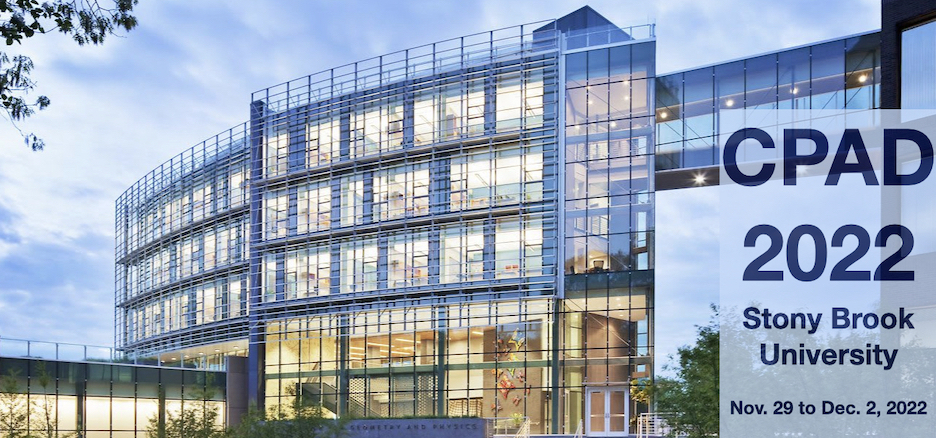Speaker
Description
Modern-day particle and astro-particle physics experiments call for detectors with increasingly higher imaging resolution to be deployed in often inaccessible, remote locations, e.g., deep underground, or in-flight on balloons or satellites. The inherent limitations in available on-detector power and computational resources, combined with the need to operate these detectors continually, which produces an exorbitant amount of data, demand fast, efficient, and accurate data processing to detect usually rare features of interest from the data, and save only them for further, offline processing and physics analysis. Real-time data processing using machine learning algorithms, such as convolutional neural networks, provides a promising solution to this challenge. This talk reviews ongoing R&D to demonstrate such capability for the case of the future Deep Underground Neutrino Experiment (DUNE).

